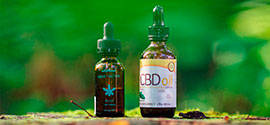CBD Oil for Diabetes
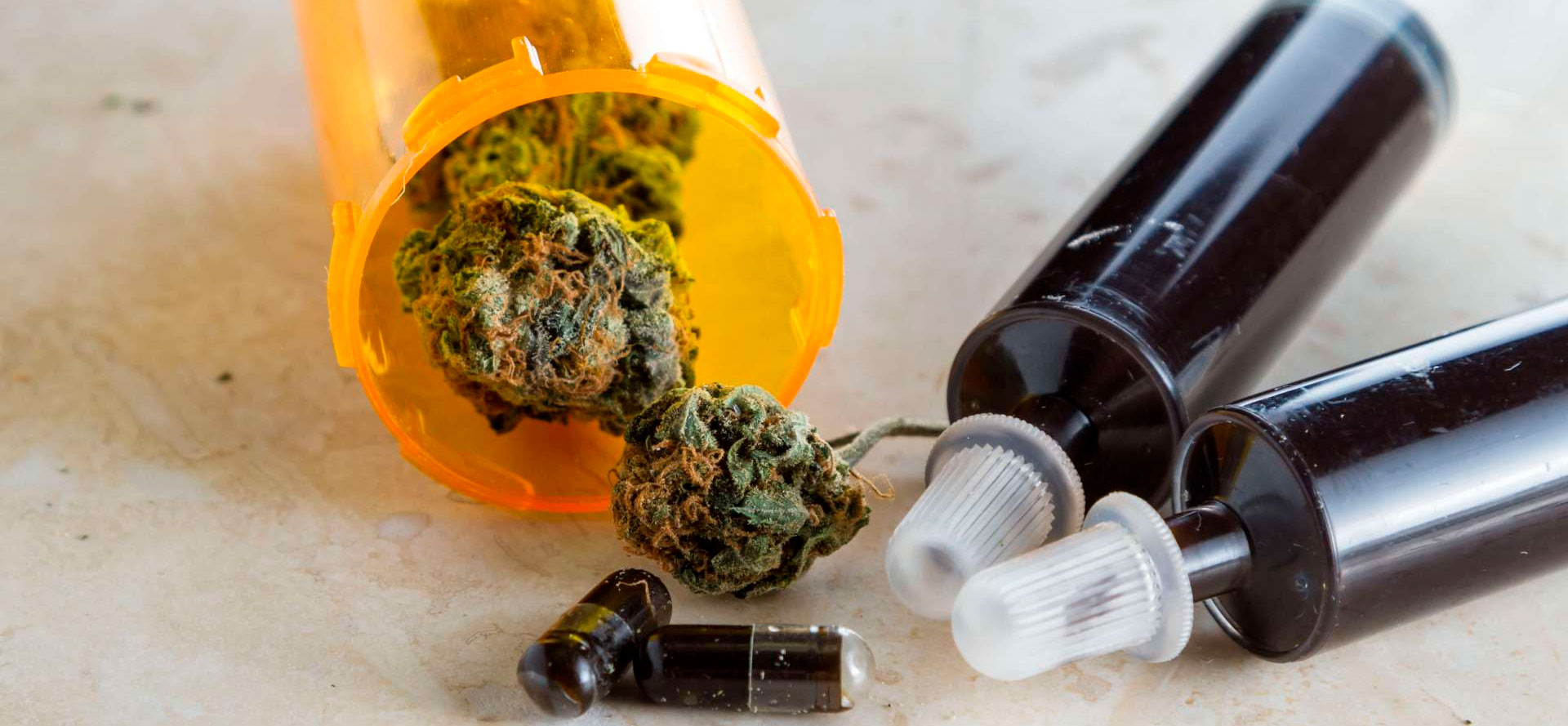
Since the last decade, many people looking for alternative ways to treat chronic symptoms have started to see CBD based products as a viable option. CBD is today being considered for a wide range of issues from chronic diseases like diabetes and heart condition to neurological disorders. Some recent studies indicate that CBD’s anti-inflammatory properties may help in reducing insulin resistance and managing blood sugar levels. These diabetic conditions are more commonly associated with Type II diabetes.
Best CBD Oil for Diabetes in 2025
| Products | Information | Price |
|---|---|---|
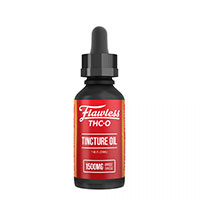
Flawless THC-O Tincture Oil - 1500MG
|
Key Facts: With 1500mg Of Thco
Ingredients: Hemp Extract, Mct Oil. |
Check Price |
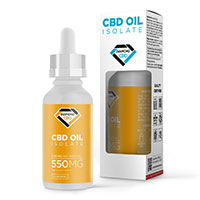
Diamond CBD - CBD Isolate Oil - 550mg
|
Key Facts: With 550mg Of CBD Isolate
Total Cbd: 550 Mg
Weight/ Volume: 30 Ml
Strength: 18.33 Mg/ml |
Check Price |
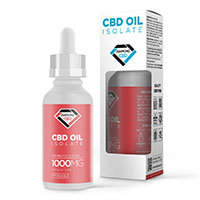
Diamond CBD - CBD Isolate Oil - 1000mg
|
Key Facts: With 1000mg Of CBD Isolate
Total Cbd: 1000 Mg
Weight/ Volume: 30 Ml
Strength: 33.33 Mg/ml
Ingredients: Hemp Extract, Mct Oil. |
Check Price |
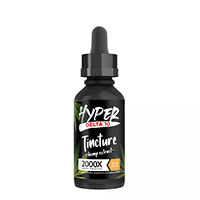
Hyper Delta-10 THC Tincture Oil - 2000MG
|
Key Facts: With 2000mg Of Delta-10 Thc
Ingredients: Hemp Extract, Mct Oil. |
Check Price |
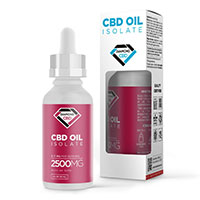
Diamond CBD - CBD Isolate Oil - 2500mg
|
Key Facts: With 2500mg Of CBD Isolate
Total Cbd: 2500 Mg
Weight/ Volume: 30 Ml
Strength: 83.33 Mg/ml
Ingredients: Hemp Extract, Mct Oil. |
Check Price |
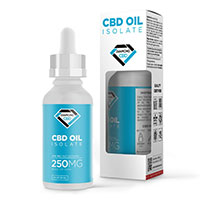
Diamond CBD - CBD Isolate Oil - 250mg
|
Key Facts: With 250mg Of CBD Isolate
Total Cbd: 250 Mg
Weight/ Volume: 30 Ml
Strength: 8.33 Mg/ml
Ingredients: Hemp Extract, Mct Oil. |
Check Price |
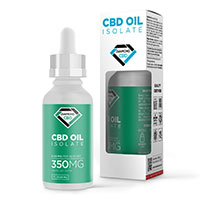
Diamond CBD - CBD Isolate Oil - 350mg
|
Key Facts: With 350mg Of CBD Isolate
Total Cbd: 350 Mg
Weight/ Volume: 30 Ml
Strength: 11.67 Mg/ml
Ingredients: Hemp Extract, Mct Oil. |
Check Price |
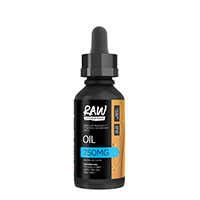
Raw Cannabinoid Neutractiv Tincture Oil - 750MG
|
Key Facts: With 750mg Of Active Cbd
Ingredients: Hemp Extract, Mct Oil. |
Check Price |
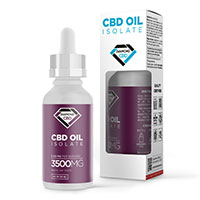
Diamond CBD - CBD Isolate Oil - 3500mg
|
Key Facts: With 3500mg Of CBD Isolate
Total Cbd: 3500 Mg
Weight/ Volume: 30 Ml
Strength: 116.67 Mg/ml
Ingredients: Hemp Extract, Mct Oil. |
Check Price |
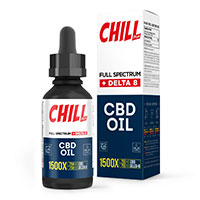
Chill Plus Full Spectrum Delta-8 CBD Oil - 1500X
|
Key Facts: With 1500mg Of Delta-8 Thc
Ingredients: Hemp Extract, Mct Oil. |
Check Price |
View all CBD Oil for Diabetes
According to WHO, about 422 million people have diabetes and around 1.6 million deaths are directly attributed to it every year. There is no wonder why those with diabetes are getting curious about every new cure that comes to the news. As the medical community is working towards the cure, many people have turned their attention to CBD. Given the limited research, it becomes important to know everything related to CBD and its efficacy in treating various symptoms. In this article, we look at the potential benefits as well as risks associated with CBD products.
What is CBD?
Scientifically known as cannabidiol (CBD) is one of the 113 identified cannabinoids found in the Cannabis sativa plant (marijuana). While the national laws differentiate between “hemp” and “marijuana”, the science doesn’t. CBD can be extracted from both, but the law limits the THC content (less than 0.3%) for hemp. Tetrahydrocannabinol (THC) is what gives people a “high” feeling. On the other hand, marijuana contains more THC (5%-30%) compound. That’s why it remains mostly a controlled substance in most countries.
So the majority of the CBD is derived from hemp and contains a very less amount of THC. One of the major reasons for the wide use of CBD products is that CBD oils contain negligible or no psychoactive elements (THC), making them relatively safe for all kinds of users. Since its discovery in the 1940s, CBD is often credited with alleviating symptoms of many ailments such as chronic pain, depression, anxiety, and many others.
Diabetes
Diabetes is a chronic disorder that impairs the body’s ability to process blood glucose. If remains untreated or not rightly managed, diabetes can lead to other types of complications including heart problems and stroke. Diabetes mainly occurs when the pancreas stops producing enough insulin (a chemical messenger that helps with the storage and usage of glucose, from the blood). There are different types of diabetes, and each one entails different medical conditions.
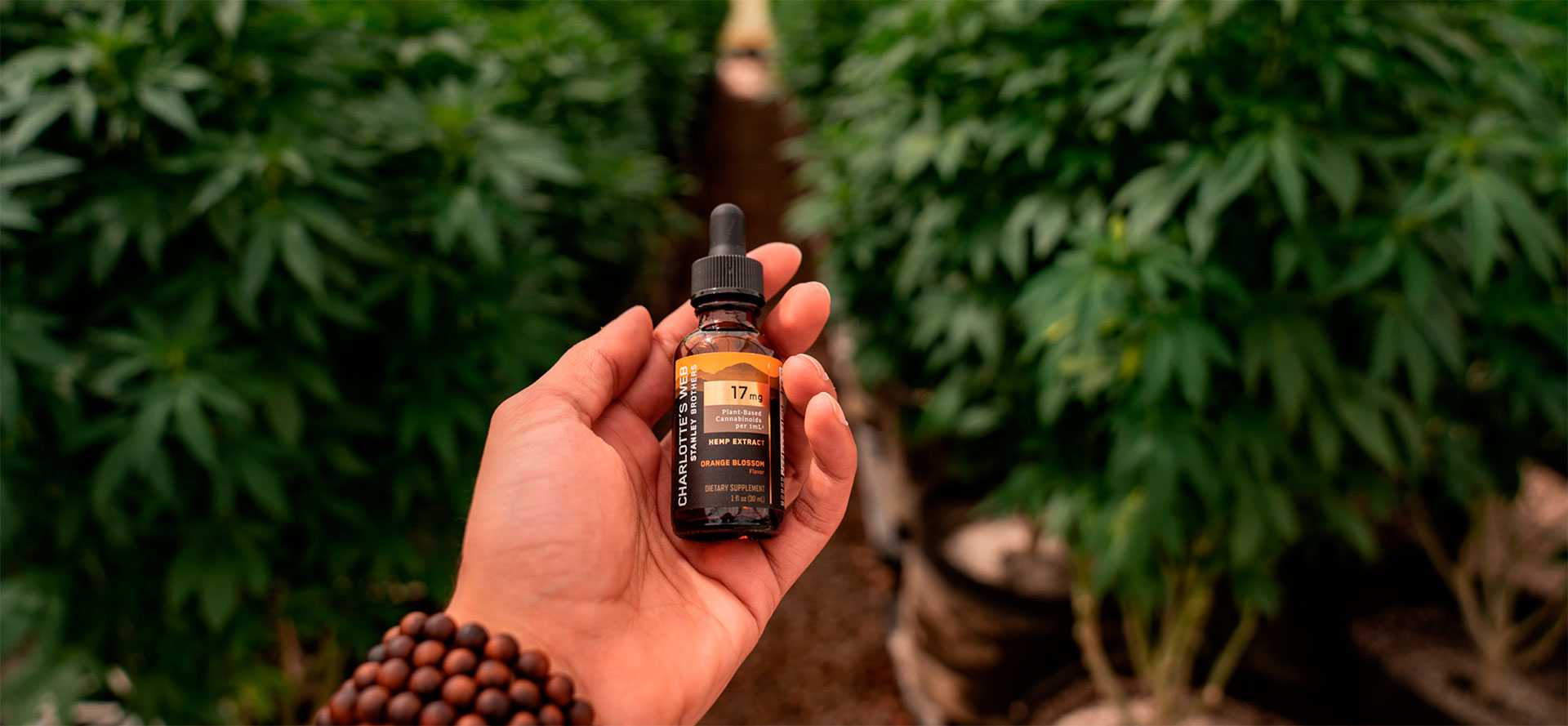
More choices available
Three Main Types of Diabetes
- Type I: Type I diabetes occurs when the pancreas stops producing insulin. Those diagnosed with it become fully insulin-dependent. They must take artificial insulin on regular basis to stay alive.
- Type II: In Type II diabetes, while the body still produces insulin but fails to effectively respond to insulin. The cells become to an extent incapable of absorbing the insulin as effectively as once they did. This is the most common type of diabetes affecting the majority of diabetic patients.
- Gestational Diabetes: It mostly affects women. Gestational diabetes can be temporary or permanent varies on a woman-to-woman basis. It occurs mainly during pregnancy when the cells of the body become less sensitive.
Diabetes can cause a lot of other issues from high blood pressure to nerve inflammation. Those with diabetes have to measure their blood sugar levels regularly. Because a high blood sugar level may lead to other diabetes-related problems such as heart condition, kidney damage, or loss of vision. Conventional treatments may involve Insulin injection for Type I and also for some patients with Type II. A doctor may recommend metformin, especially to Type II diabetic patients. However, these medications can have unpleasant effects or cause side-effects such as dizziness, nausea, and stomach pain.
CBD Oil for Diabetic Patients
Although research findings are limited, some anecdotal reports indicate that CBD may have some possible therapeutic benefits for diabetic patients. CBD is known to have anti-inflammation properties. As diabetic patients suffer from inflammatory conditions, CBD might be a healthy add-on supplement. In one of the controlled clinical trials, Type II patients were given small dosages of CBD for a limited period. The results were promising as regular usage reduced insulin resistance and helped in maintaining a manageable blood-sugar level.
What does CBD do to help diabetes?
As stated earlier, CBD has shown to improve oxidative stress and inflammation levels, the two most common symptoms of diabetic patients. Cannabinoids are known to have anti-inflammatory as well as pain-relieving properties. For some people who constantly take medications for pain relief, CBD can be a healthy consideration. As long term use of painkillers can have many side-effects. Because of these properties, CBD can be a big deal for those with diabetes.
Another study on animal subjects with Type II diabetes showed that those who received 100 mg CBD twice per day, saw improved glucose levels and better pancreatic health. So CBD could help improve insulin resistance and promote a healthy mixed gland. Given the possible benefits, including CBD in your health supplements can be considered provided that your health advisor allows it.
CBD has also shown helpful in protecting the pancreas from overactive immune cells. Effectively, it means CBD can extend the time of the pancreas’s insulin-producing capabilities. Lastly, CBD can be also helpful for people with diabetic neuropathy. It is a painful nerve condition that is caused by high blood sugars. Those with this condition often feel pain around the joint areas and legs. CBD may help relieve some pains and discomforts caused by neuropathic pain.
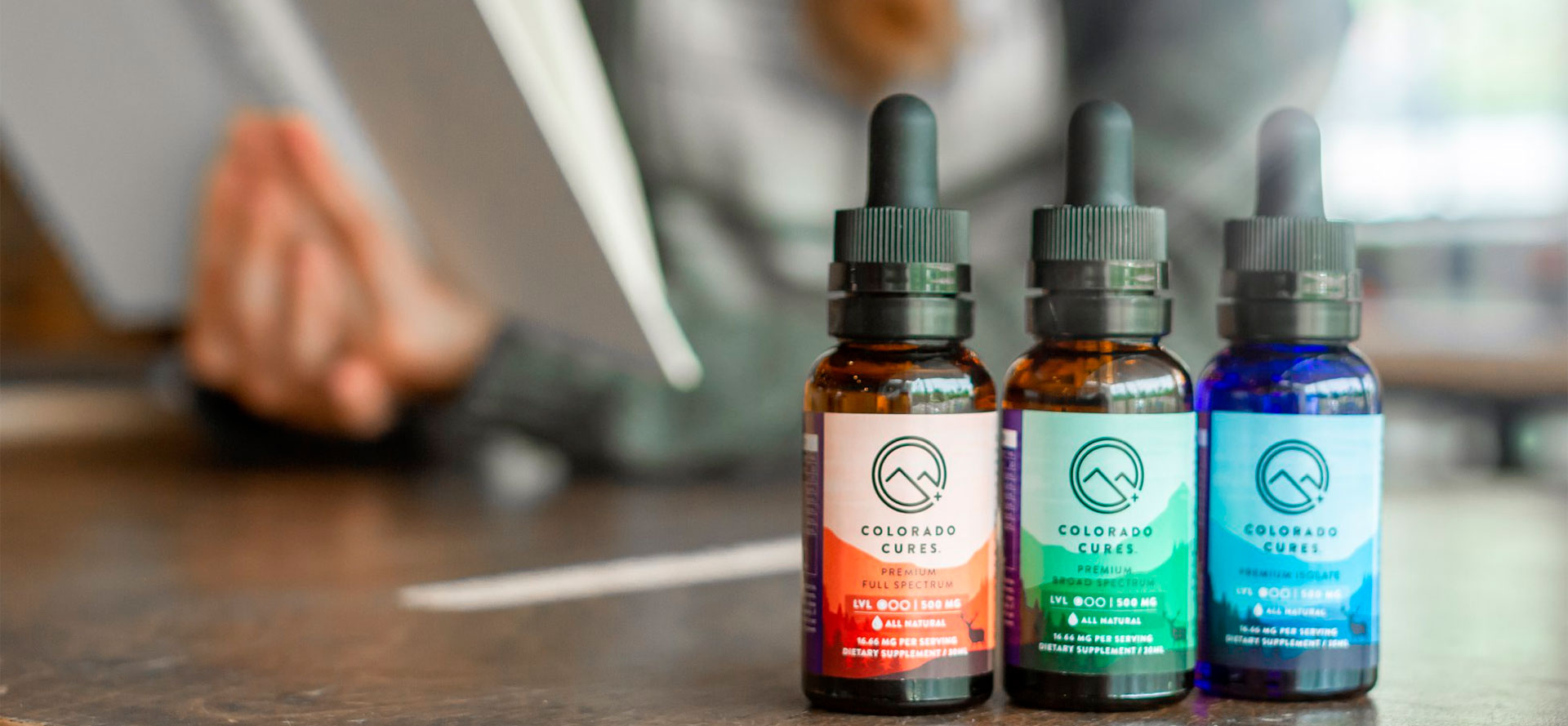
What research says?
The majority of CBD trials have been conducted on mice or rodents, and the results are quite promising. Although more research studies will be needed to ascertain the true benefits of CBD for diabetes, the early results have attracted many medical professionals to study the relationship more closely. On a larger scale, it is still not clear how CBD can help those with diabetic conditions. That said, some research reports indicate that CBD can work as a healthy supplement to manage some symptoms related to Type II diabetes.
According to a study involving mice, the Autoimmunity reported that CBD treatment significantly reduces developing diabetes in nonobese diabetic (NOD) mice. The Autoimmunity study has made the medical community curious to look into some of the medicinal properties of CBD. Given the possible benefits of CBD, it might be a healthy add-on for some diabetic patients. However, talking to a doctor is certainly a good idea before you start taking CBD oil.
Many ongoing and previous research have shown some useful considerations related to CBD in treating chronic diseases, the majority of benefits are associated with managing blood glucose level or healthy cholesterol levels in diabetic patients. The best way to manage diabetic symptoms is by perhaps adopting a healthy lifestyle including a healthy diet and regular exercise. Those who need insulin should continue the dosages as recommended by the health advisors. If you are considering CBD, talking to your doctor is a good idea. That said, let’s look at how CBD works and how it may help in treating some of the diabetic symptoms.
How CBD works in the human body?
To understand how CBD works, you need to first understand the Endocannabinoid System (ECS) found in our body. The ECS performs many bodily and neurological functions in the human body. Interestingly, this system is not exclusive to humans only, scientists have discovered ECS in many aquatic and mammals including different kinds of fish, reptiles, and other animals. And because this system was discovered while studying cannabis's impact on human brains, the term “cannabis” was added to name this newly Endo-cannabinoid System.
Although Endocannabinoids found in the human body are not same as CBD, but it mimics some of the CBD related properties. In simple terms, endocannabinoids are neurotransmitters that bind to particular receptors, helping the human body and its organs to function smoothly. Two receptors known as CB1 and CB2 are important neurotransmitters closely linked with ECS. Both perform different functions:
- CB1: Found abundantly in the central nervous system, CB1 deals with memory, thinking, emotion, movement, and many other functions. The THC compound found in cannabis/marijuana interacts with this receptor, the reason behind some people feeling euphoric after consuming it.
- CB2: CB2 receptors exist in the immune system, and they contribute to keeping the human body healthy and strong. CB2 is found mostly in white blood cells, the spleen, and other peripheral organ cells linked to the immune system.
Unlike other cannabinoids such as THC, the CBD doesn’t directly interact with any of these two CB1 or CB2 receptors. Instead of that, CBD interacts with the ECS. So when a person consumes CBD products, both receptors trigger a response from ECS, a complex process that scientists even today are not definite about how the interaction process works. CBD’s ability to influence the Endocannabinoid System can perhaps be the reason behind various possible benefits that could help alleviate some of the symptoms. Various studies have shown that CBD helps reducing chronic symptoms such as anxiety, depression, inflammation, and heart disease.
Forms of CBD
As countries around the world are slowly lifting strict regulatory control over some of the cannabinoids, the CBD market has seen impressive growth since the last decade. Today, CBD is available in a variety of forms: oils, tinctures, creams, capsules, gummies, and other edible forms. Oils along with pills and edibles are the most popular forms.
- Edibles: Affordable, tasty edibles are popular among many people. From CBD-infused burgers and drinks to gummies and tea, there is an endless number of options. However, most of these edibles lack an adequate amount of CBD, it’s very much unlikely that they will have the same therapeutic effect as CBD oils or tinctures.
- Capsules: Capsules are an easy and convenient way to take a daily dosage of CBD. However, CBD users may not experience the desired effect due to the lower amount of CBD in capsules.
- CBD Oils and Tinctures: Anything that can bypass our digestive system will have a quicker and immediate effect on our bodies. That’s why, the ideal way to consume CBD is perhaps under the tongue or spray, which directly gets absorbed into the bloodstream. CBD oils or tinctures are taken through droppers. The effects are visible relatively faster than edibles or capsules.
Types
With CBD products becoming an add-on supplement for many people. It’s important to know what those products contain. Broadly, CBD products can be of three types:
CBD Isolate
It comes in crystalline solid or powder form. CBD isolate contains purest almost 99% cannabidiol. It contains neither THC nor any other kind of cannabinoids. CBD isolates are suited for those who want to avoid the “high” effect caused by THC but want to have CBD as a supplement.
However, some research indicates that CBD isolate may not induce the entourage effect which comes when a combination of CBD+THC is taken together.
CBD Full Spectrum
Unlike isolates, full-spectrum CBD oil contains almost all the cannabinoids found in the cannabis plants along with terpenes, flavonoids, fatty acids, and fiber. Thus, it also contains a limited amount of THC compound (up to 0.03%).
No cannabinoids compounds or other fatty acids are left behind while the manufacturing process, that’s why full-spectrum CBD may have better therapeutic effects than isolate form. Numerous studies indicate that CBD products having multiple compounds found in cannabis plants may have more health benefits.
CBD Broad Spectrum
Broad-spectrum also contains a majority of cannabinoids and other compounds found in the cannabis Sativa plant, but it is entirely free from THC. Broad-spectrum can be more suitable for people concerned about THC and its psychic effect.
So which type of CBD should you choose? Full-spectrum is a much better option if you want to get all the health benefits related to CBD consumption. On the other hand, isolate form can be your best choice if interested only in CBD. Lastly, broad-spectrum is a much better choice for those who want the health benefits of CBD without THC.
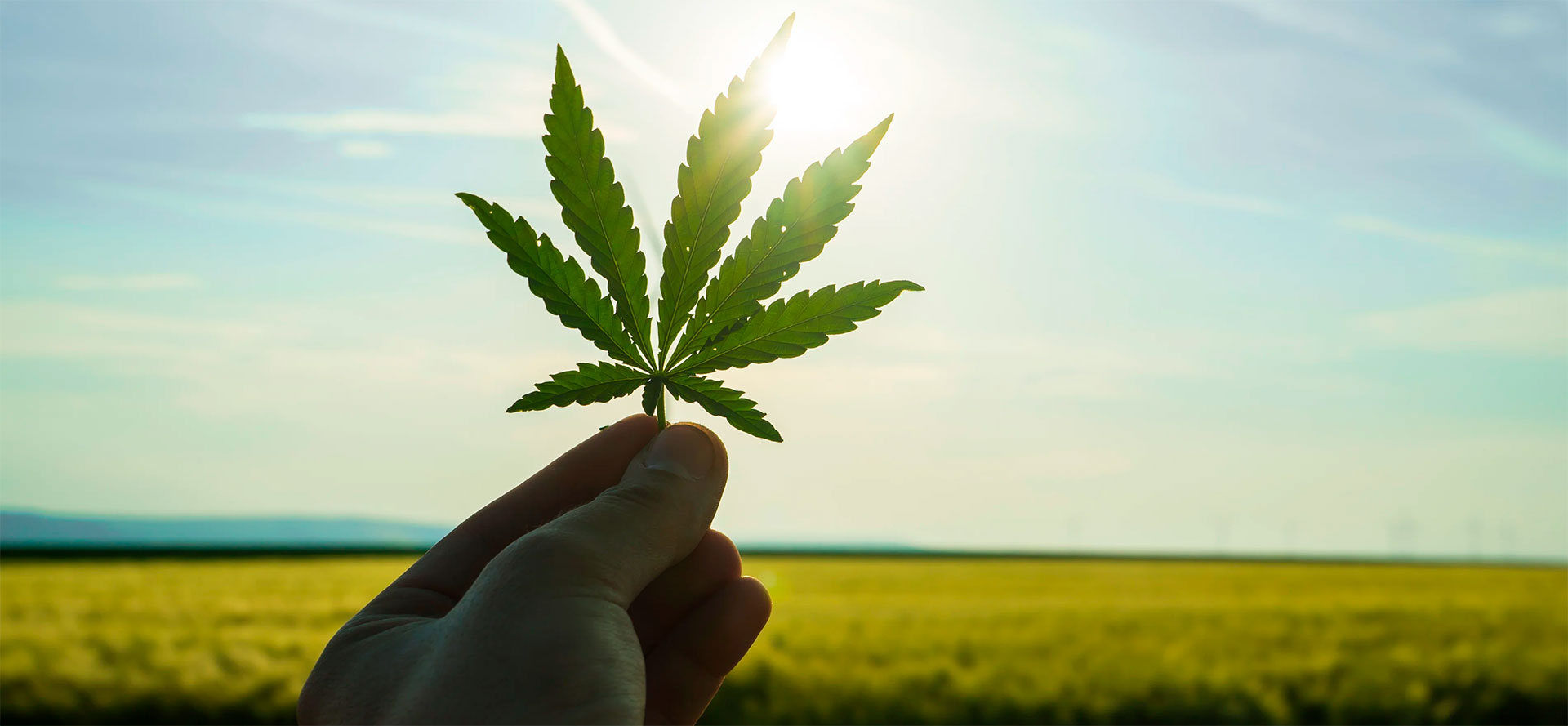
How to choose?
CBD has become a kind of health-buzz today. Various companies are claiming numerous health benefits of their CBD products. Sorting out through various products can be an overwhelming experience. First of all, most of the claims can’t be verified as FDA doesn’t regulate nor guarantee over-the-counter CBD products. So be wary of those companies that make grand unverifiable claims. However, it doesn’t mean there are no high-quality CBD products. You can identify a high-quality CBD oil if the manufacturer is transparent and provides all the necessary information you need to know.
Important signs of high-quality CBD Oils:
- Extraction Method: There are various ways to extract CBD and other cannabinoid compounds from cannabis plants. One way is the “supercritical CO2 extraction method”. CBD oils extracted through this method maintains CBD purity during the entire cycle of the extraction process. But some of the best companies use pharmaceutical-grade ethanol during the extraction method. CBD oils produced involving ethanol is considered best for human consumption.
- Source of Hemp: Hemps grown in poor soils or polluted environments can have harmful chemicals. Thus, it’s important to know the source of hemp plants while making a decision. Hempseeds grown in rich soils will result in high-quality plants, and CBD products made from these can also be of high quality. See the packaging of the product, you will know where your hemp came from.
- Third-party Lab Results: If your CBD oil packaging contains information about recent COA results from reputable third-party labs that means the claims about the product are really in place. Known as Certificate of Analysis (COA) indicates the level of CBD, THC percentage, and free from harmful impurities like metals and pesticides.
- Transparency: Is your CBD provider lets you know everything about their product – extraction process, lab results, hemp quality, and provide better customer service? Then it’s a sign of a good company.
How to take?
The best person to tell about CBD oil’s dosage is your doctor. Dosages vary from individual to individual, depending upon their body mass index, medical history, chronic symptoms, and many other factors. Some medications may interact with CBD, so it’s essential to talk to your doctor before self-medicating with CBD products. If you have decided to take CBD, always start with slow dosages and see how it feels. The results may not come as quickly as you expect. You can slowly increase the dosages until the desired effect is reached. Generally, CBD remains well-tolerated in human bodies, however, higher dosages can cause some side effects.
Possible Things to Look Out For
As said, CBD oil doesn’t pose any major risk for its users and remains well tolerated even in higher dosages (1500mg). Some possible side-effects can’t be denied. The common symptoms may include nausea, dizziness, fatigue, irritability, and depression. Consumption of higher dosages may cause hallucinations or low blood pressure. As the research remains sketchy about how CBD interacts with the human body, talking to your doctor or a CBD expert is perhaps a better idea.
Takeaway
Many studies have shown possible benefits that may help ease some diabetic symptoms. The potential benefits include anti-inflammatory and neuroprotective properties linked to CBD consumption. These benefits may prove helpful for Type I and Type II diabetic patients. However, more studies and clinical trials will be needed to ascertain its true benefits. Until then it’s better to consult a healthcare advisor before including CBD products in daily use.
References
- Weiss, L., et al. "Cannabidiol lowers incidence of diabetes in non-obese diabetic mice." Autoimmunity 39.2 (2006): 143-151.
- Pancer, Jill, and Kaberi Dasgupta. "Effects of cannabis use in youth and young adults with type 1 diabetes: the highs, the lows, the don't knows." Canadian journal of diabetes 44.2 (2020): 121-127.
- Frisher, Martin, et al. "The role of cannabis and cannabinoids in diabetes." The British Journal of Diabetes & Vascular Disease 10.6 (2010): 267-273.
- Wall, Melanie M., et al. "Use of marijuana exclusively for medical purposes." Drug and alcohol dependence 195 (2019): 13-15.
- Katz, D., et al. "Medical cannabis: Another piece in the mosaic of autoimmunity?." Clinical Pharmacology & Therapeutics 101.2 (2017): 230-238.
- Selvarajah, Dinesh, et al. "Randomized placebo-controlled double-blind clinical trial of cannabis-based medicinal product (Sativex) in painful diabetic neuropathy: depression is a major confounding factor." Diabetes care 33.1 (2010): 128-130.
Choose CBD Oil for Diabetes now
Tags: the best cbd oil, cbd drinks, benefits of cbd in pregnancy, best cbd for migraines, does cbd show up on a drug test, best cbd oil for acne, cbd and arthritis, cbd pre roll, best cbd for dogs with arthritis, how effective is cbd soap


